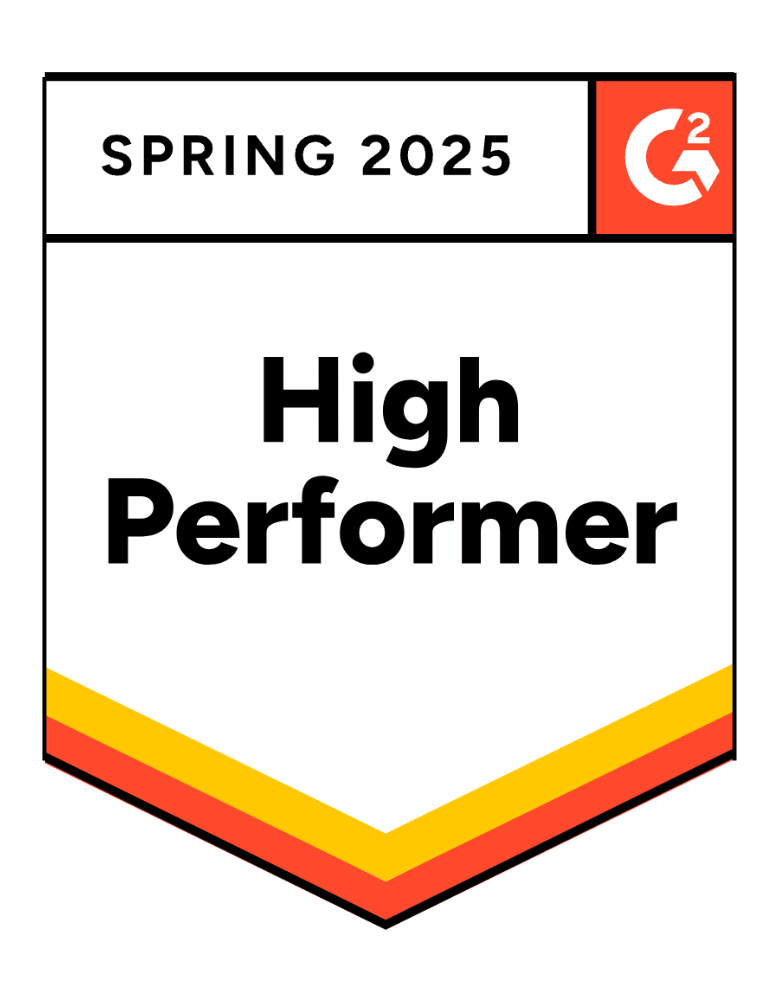There have been many articles published on the concept of ‘big data’ and many opinions formed on its relevance and place in today’s business world. However, one thing is for certain, ‘big data’ is staying around, it’s becoming more affordable, and it’s time all businesses get on board.
The concept of ‘big data’ is being implemented all around us by Fortune 500 companies worldwide. These companies collect all forms of data from various sources directly and indirectly associated with their company’s financial and operational status. However, while these large corporations are improving their inefficiencies through the use of Business Intelligence Systems and Data Analytics, I take a step back and wonder, why haven’t the small to medium size industries jumped on the data bandwagon?
The mass majority of information systems all use some form of data storage, that can normally (but not always) be pulled into some type of data analysis tool. Some small to mid-size companies have migrated their data into spreadsheets, while others are still analyzing their info through paper printouts and monthly reports. Don’t get me wrong, spreadsheets can be used as a powerful tool and are by no means obsolete; however, with recent and continuous advancement in data hosting and analytical software, it makes more sense to aggregate a company’s data out of large complicated spreadsheets, and into a newer robust software platform capable of dynamic dashboards and customizable reports.
Through the implementation of this type of data aggregation and integration will simply allow key personnel to know more about their business. They will inevitably find flaws they never knew existed. Flaws they can now improve; whether it’s inventory, labor, costing, pricing, manufacturing, accounts receivable, etc.
So why aren’t these small to mid-size businesses seizing their data and grabbing a hold of this concept? Simply put – CHANGE.
One drawback to this new idea of ‘big data’ is the fact that companies must now change the way they do business, quote jobs, market, etc., through the use of new technology advancements. In which many of these smaller businesses lack the knowledge or personnel that can successfully roll out these types of data initiatives. And, like anything else, with change comes push back from employees, upper management, and whoever’s bubble is affected by that change.
A Winston Churchill quote I was recently exposed to, and in my opinion, sums up exactly what Collectiv is trying to accomplish through data aggregation/integration in today’s competitive small to mid-size business market. “To improve is to change; to be perfect is to change often.”





























